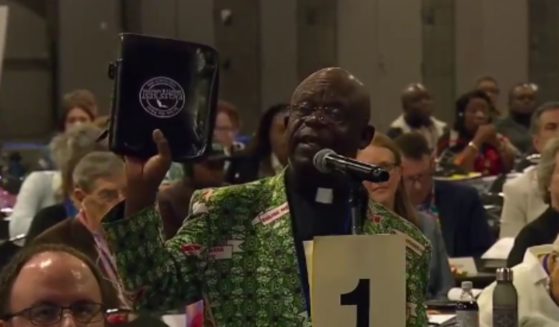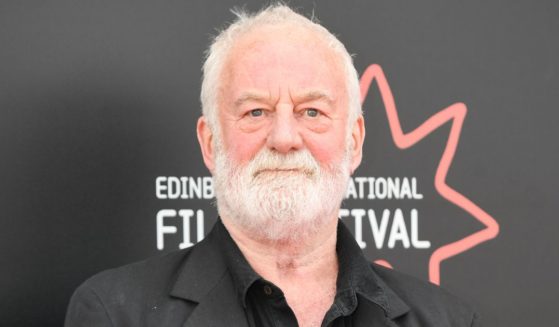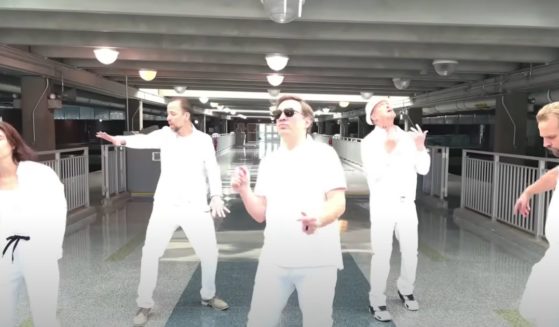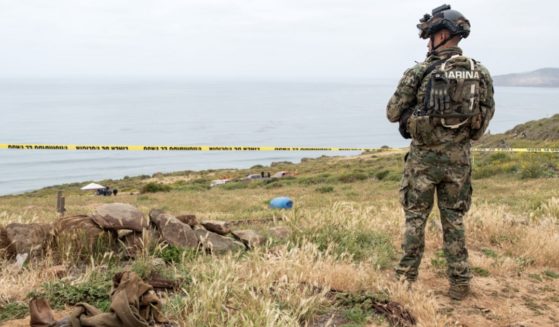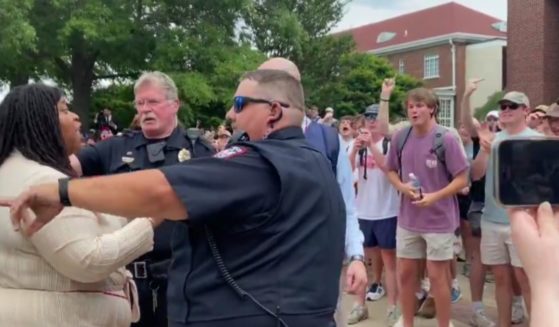Hungary sees 4th day of protests over overtime, other issues
BUDAPEST, Hungary (AP) — Several thousand people marched through Hungary’s capital Sunday in a fourth day of demonstrations against new laws that critics say restrict workers’ rights and undermine democracy.
Protesters chanted anti-government slogans amid sub-zero temperatures outside parliament as speakers denounced revised overtime rules that lawmakers approved Wednesday.
The crowd became increasingly angry as speakers urged demonstrators to remain dignified and peaceful. They yelled: “We’ve had enough!” and “Strike, strike, strike!”
The event’s final speaker was more defiant. Anna Donath, daughter of an outspoken minister, lit a smoke flare and declared: “We will not tire. We won’t go home. Today we are twice as many as yesterday. We are (growing) day by day. This is a mass community.”
Police had detained Donath on Thursday for lighting a flare during a protest.
The labor code amendments that sparked the protests increase the maximum number of overtime hours that companies can demand from workers in a year from 250 to 400. The changes, intended to offset Hungary’s growing labor shortage, also give employers up to three years instead of 12 months to settle payments of accrued overtime.
During four days of protests that began Wednesday night, the demonstrations have evolved to encompass complaints about other policies of Prime Minister Viktor Orban’s government, including legislation passed Wednesday that establishes a separate court for administrative matters.
A government spokesman, asked to comment on Sunday’s demonstration, said in an email that citizens had a constitutional right to assemble freely as long as laws weren’t broken in the process.
On Thursday, some protesters threw bottles and smoke bombs at officers in riot gear guarding the neo-Gothic parliament building. Police said two officers were injured.
The demonstrations have attracted disparate participants from across Hungary’s political spectrum, including members of Jobbik, which started out as a radical right movement and has worked to reframe itself as a “peoples'” party. A clutch of left and liberal opposition parties, trade unions and supporters of a Budapest university founded by Hungarian-American billionaire George Soros have also joined in.
Central European University announced this month it was leaving Hungary for Austria, saying it had been “chased out” by Orban’s government.
After Sunday’s official protest ended, hundreds of demonstrators marched across the Danube River, blocking at least two major road bridges and flanked by police. One faction, chanting for a free media, declared it was heading for the state television building, four miles away in a northwestern suburb of the Hungarian capital.
Officers began using tear gas seeking to control and disperse the crowd.
Orban’s allies have denounced the protests as the work of liberal groups financed by Soros. Gergely Gulyas, the prime minister’s chief of staff, called Thursday night’s participants Soros’s “kept people” displaying “open anti-Christian hatred.”
The Western Journal has not reviewed this Associated Press story prior to publication. Therefore, it may contain editorial bias or may in some other way not meet our normal editorial standards. It is provided to our readers as a service from The Western Journal.
Truth and Accuracy
We are committed to truth and accuracy in all of our journalism. Read our editorial standards.

